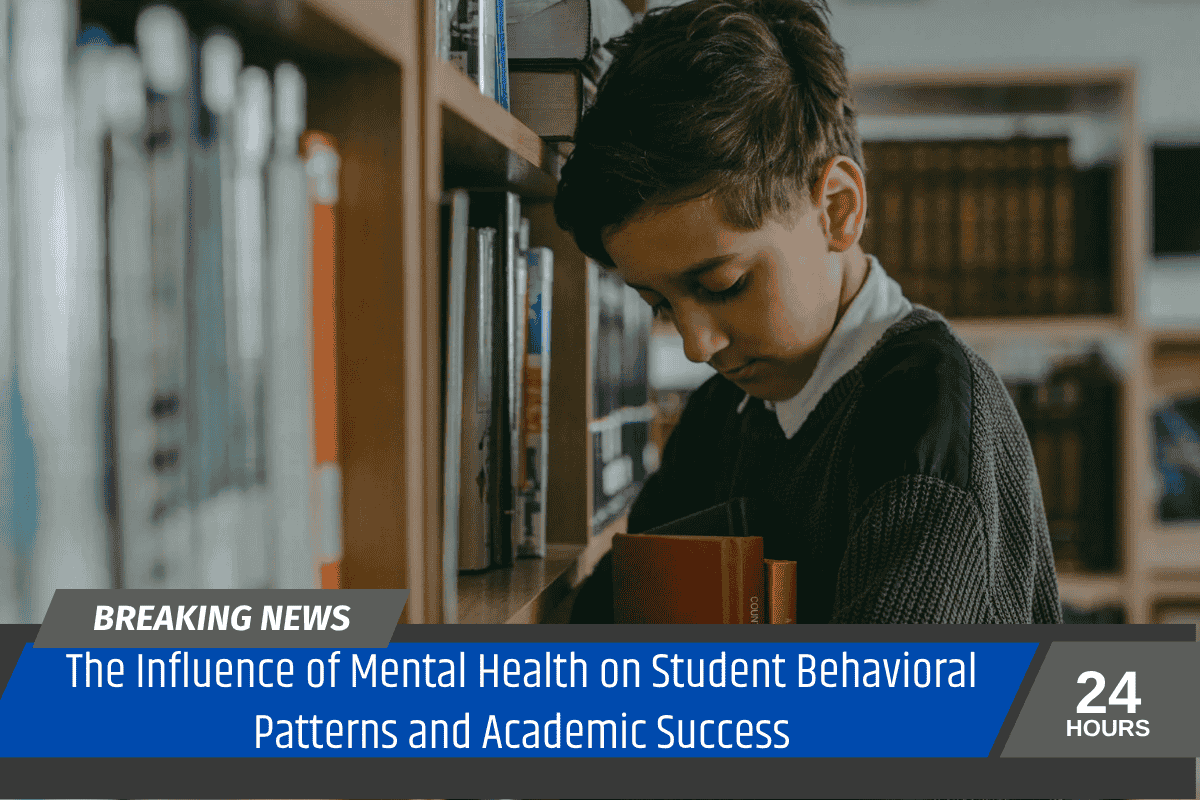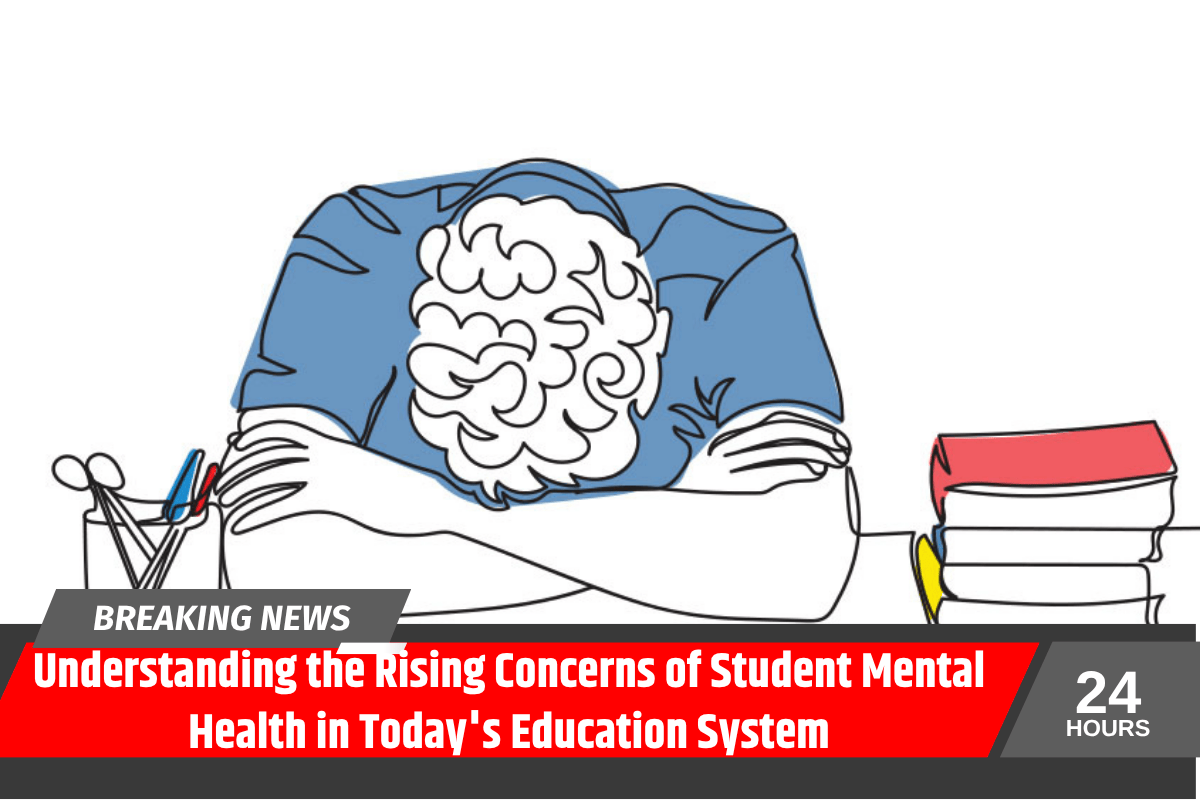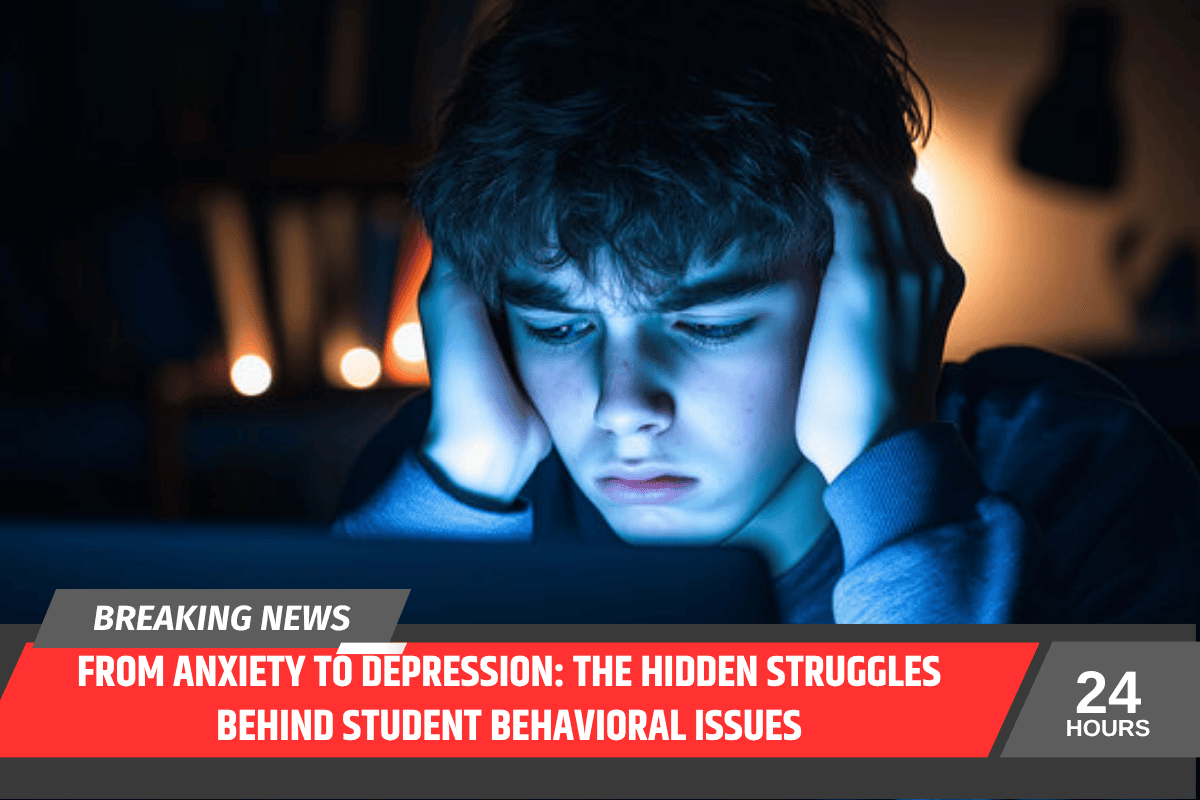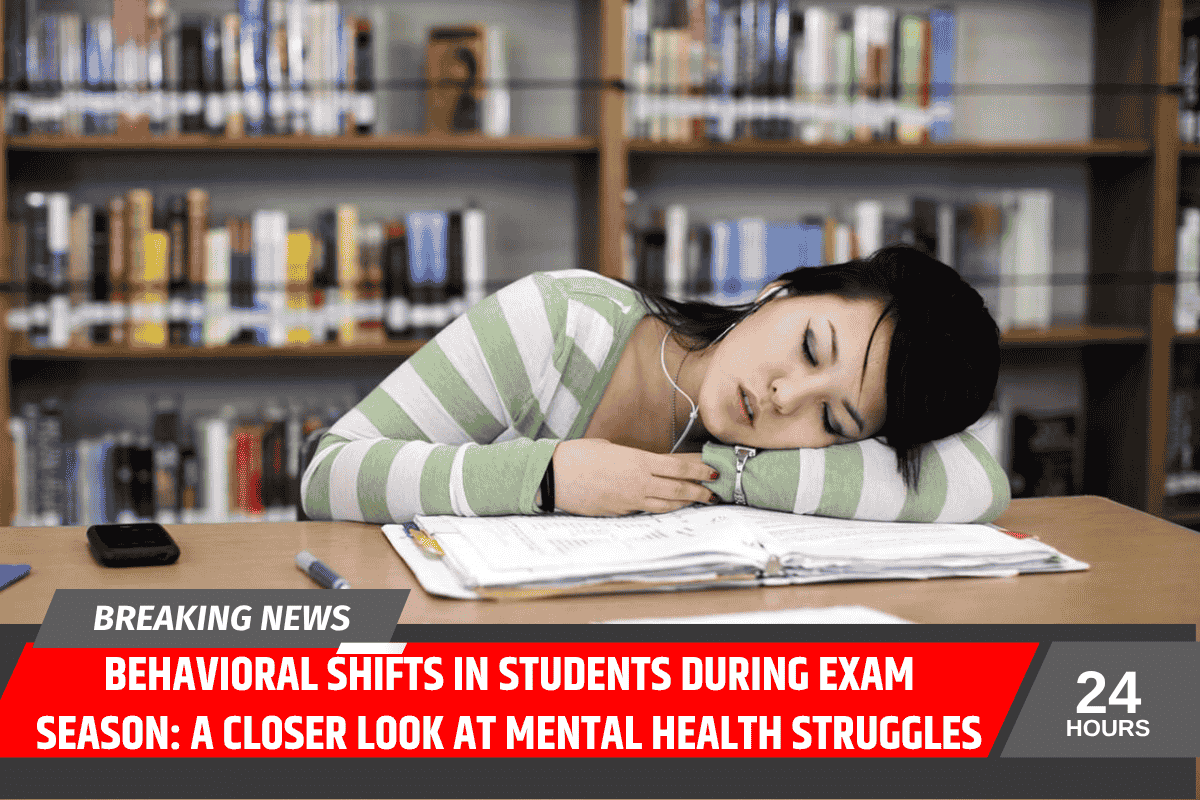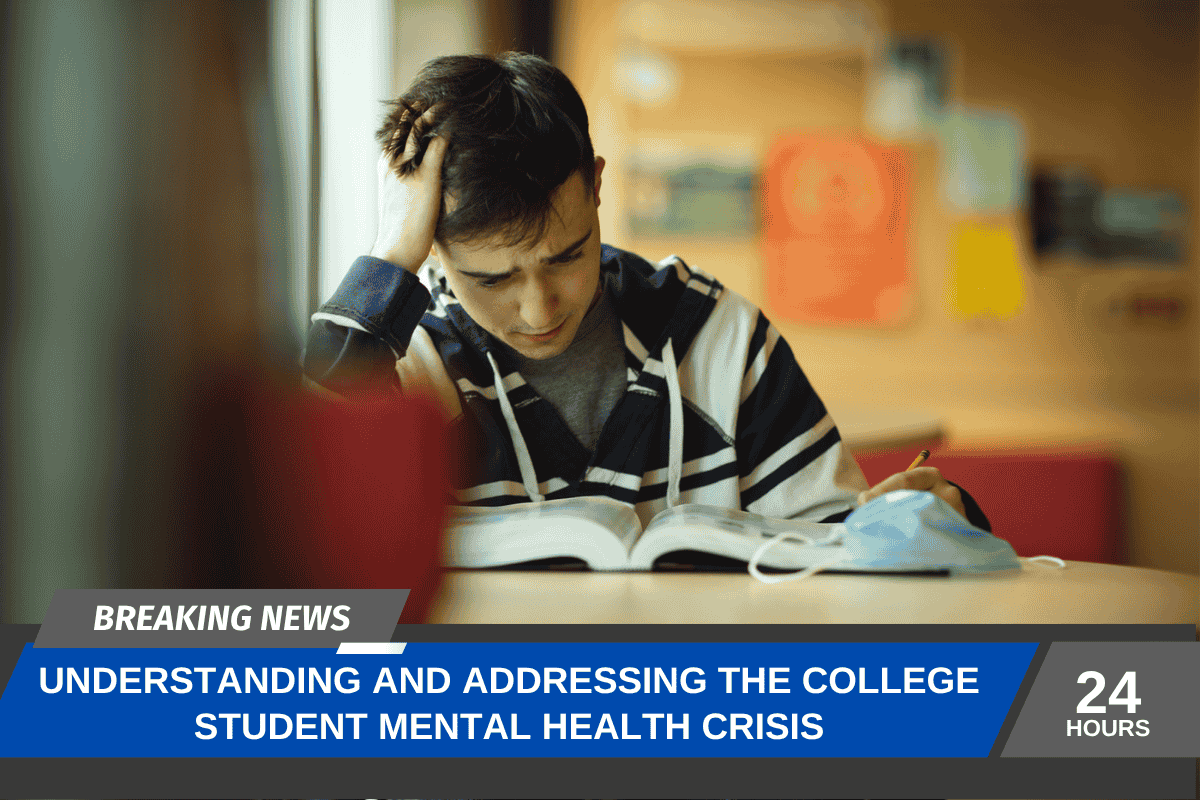The rising prevalence of mental health problems among college students has been a significant concern, particularly highlighted by the Healthy Minds Study. Mental health issues like depression and anxiety have steadily increased, with 41% of students reporting significant depression symptoms by 2021.
As the demand for mental health services increases, institutions face a challenging gap in resources and a growing mental health crisis.
Traditional counseling models, though effective, are overwhelmed and fail to address all student needs, especially for marginalized groups like students of color, first-generation students, and those from low-income backgrounds.
To address these challenges, many institutions are turning to a broader, public health approach that goes beyond just expanding services. This approach integrates prevention strategies, including skill-training programs, mindfulness, and peer support networks.
Research shows that some interventions, such as mindfulness programs and routine screenings for mental health issues, are effective. However, psychoeducational programs that only provide information have been found to be largely ineffective.
Campus leaders are encouraged to use data-driven decisions and invest in evidence-based strategies to tackle mental health effectively.
Key Recommendations for College Leaders:
- Use Data: Regularly assess the mental health needs of students and measure progress in meeting them.
- Invest in Effective Programs: Prioritize strategies that have proven to work, such as mindfulness and skill-building programs.
- Revise or Discontinue Ineffective Strategies: Discard or update strategies that show little to no effectiveness.
- Experiment with Promising Approaches: Invest modestly in strategies with promising results and evaluate their long-term impact.
- Create a Movement for Evidence-Based Mental Health Support: Work together across institutions to establish a broad, informed approach to student mental health.
These recommendations highlight the need for institutions to rethink their approach to student mental health, focusing on prevention, equitable access, and data-informed strategies.

